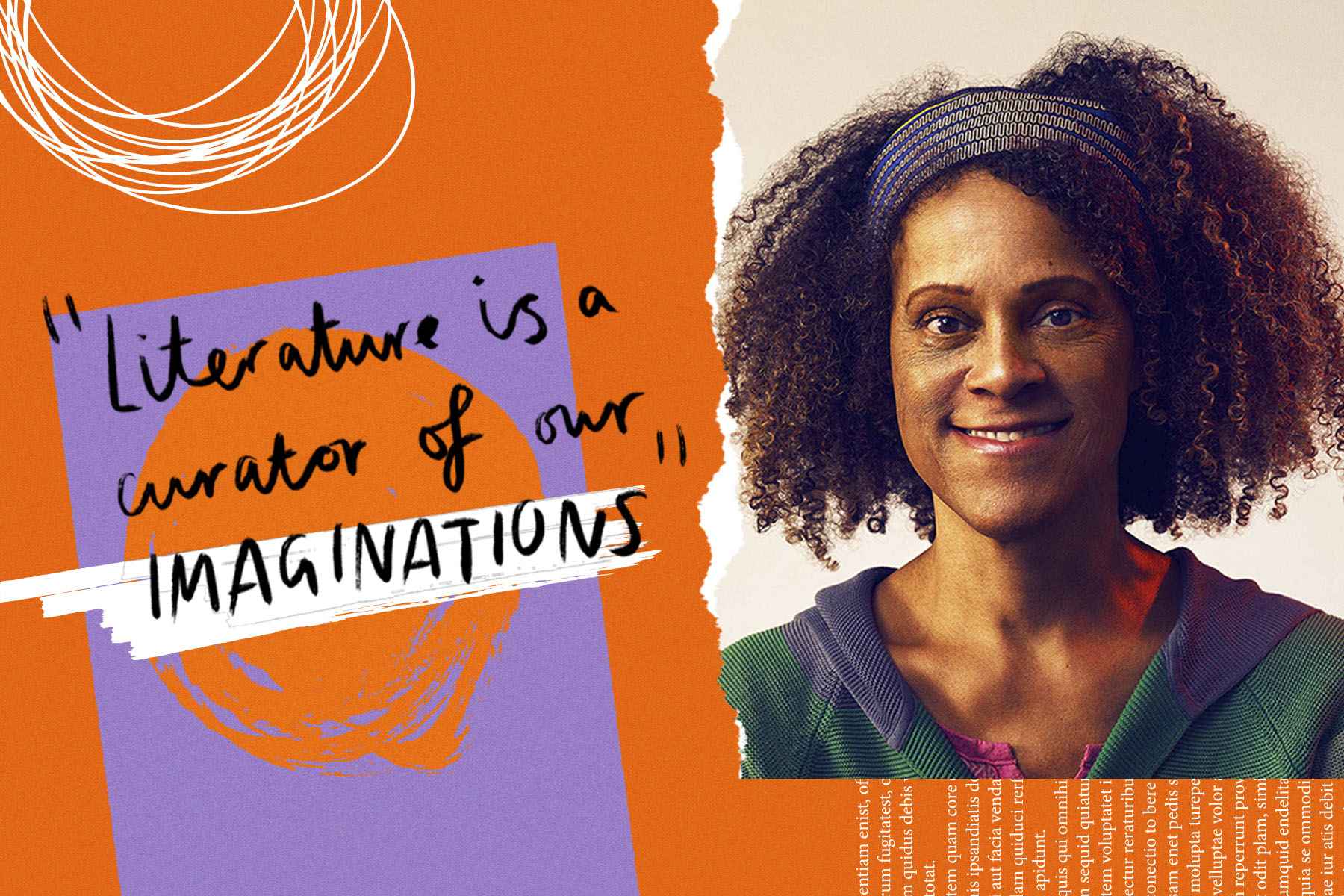
A diverse curriculum will help kids grow emotionally and intellectually
Booker Prize-winner Bernardine Evaristo on why she is supporting Lit in Colour, a campaign from Penguin and the Runnymede Trust to support schools to diversify the teaching of English literature.
English Literature was once a very narrow field. The voices we heard were predominantly male, mostly middle-class and almost entirely white. In the hierarchy of our society, an entrenched patriarchy that went unchallenged for most of our history, this demographic was considered more important than any other and and their writers were prioritised, elevated and celebrated.
Since the middle of the 20th century, we have witnessed the slow expansion of English literature, a body of work that is improving how it reflects the multiple communities that are at the heart of who we are, not only in terms of gender, but in terms of our multiracial diversity. As publishers slowly open up to a wider range of voices that better reflect the nation, our body of literature is being revitalised and enriched. Yet these more inclusive and progressive advances in our society, have not yet reached the school curriculum, which continues to side-line writers of colour, in spite of a swathe of eligible material. I hate to say it, but our education system has fallen behind the times.
Literature is perfect for expanding the understanding of other cultures
Literature is a curator of our imaginations, and schools are the caretakers of the education of young people - who are being denied access to the glorious, outstanding and often ground-breaking narratives coming out of Britain's Black and Asian communities. Literature is perfect for expanding the understanding of other cultures; for enabling readers to step into the shoes of people who are different to them and thereby cultivating empathy; for working out complex issues of human psychology and behaviour, whether through fiction, non-fiction or poetry. Indeed, literature enables self-contemplation and self-questioning, and a very deep and intimate engagement with the world. This is powerfully character-forming: our eyes are opened, our minds expanded, our connection to other people enhanced, and our hearts are moved.
'It's a major problem that needs to be addressed now'
So what does it say about our education system if the literature deemed most worthy of study disproportionately represents a whiteness in a multiracial society? Considering the huge potential for emotional, intellectual and imaginative growth offered, how can we accept such an imbalanced provision? How terribly sad that children of colour are unlikely to see people who look like them, who come from their backgrounds, represented in the books they are given to read in school, while white children are denied access to immersing themselves in Black and Asian characters, stories, perspectives and poems.
It's shocking that we are still having to advocate for the issue of widening the curriculum in 2021. I finished my school education over 40 years ago and encountered the same limitations. I cannot believe that progress has been so slow. Nor is this a side-issue to the more important issues around education, but it's a major problem that needs to be addressed now, urgently - or we will continue to fail our children.
Read the full Lit in Colour report now.
Image: Stuart Simpson / Penguin.